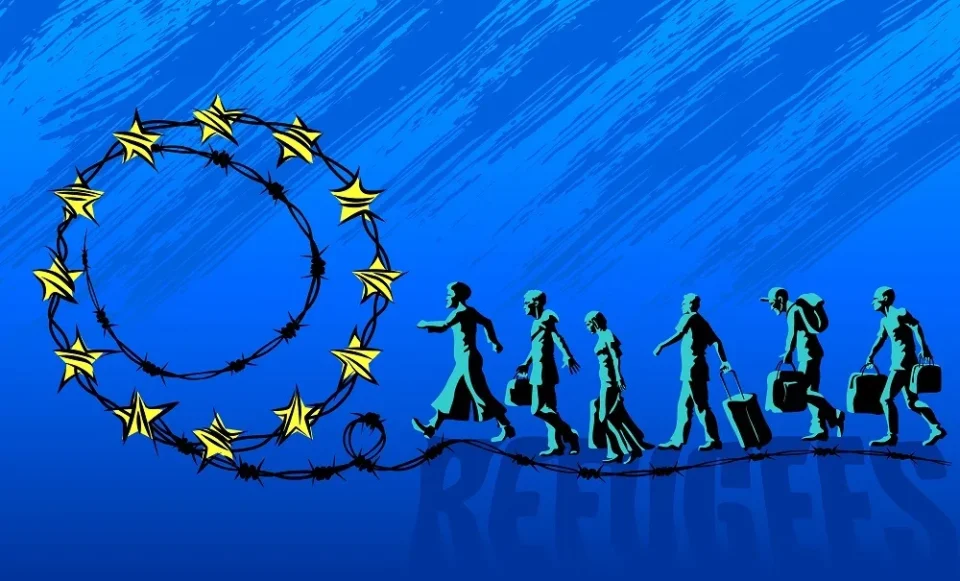FALCON POWERS – Recently, the European Parliament approved a comprehensive package of amendments to the migration and asylum system in the European Union countries, including Sweden. This new system aims to reduce the influx of refugees and expedite the process of deporting those whose asylum requests have been rejected to their countries of origin. The European approval of these new decisions comes after more than nine years of discussions and negotiations among EU member states, possibly influenced by right-wing parties coming into power in several European countries.
The new rules include controversial measures, among which are:
- Facial images and fingerprints of children can be taken from the age of six.
- Refugees can be detained during the examination of their asylum applications.
- Fast-track deportation can be applied to those who are not allowed to stay and have no grounds for seeking asylum (citizens of safe countries).
- The establishment of new centers at the external borders of the European Union, where asylum applications will be processed quickly.
The most important and dangerous provision in the new laws, which will be applied in all EU countries, states that if one European country rejects an asylum request, the asylum seeker will receive the same result if they go to another European country to apply for asylum again, even if the Dublin fingerprinting system is bypassed.
This new system aims to increase the efficiency of processing asylum requests and improve the protection of the external borders of the European Union.
On the other hand, European countries may be obliged to assist their EU partners by offering to accommodate eligible asylum seekers. In case a European country refuses to accept refugees, it will have to bear the costs of accommodating them in another European country, and these costs amount to 20,000 euros per refugee rejected by that country.
These laws have already been agreed upon by EU member states, and now the 27 member states of the European Union are required to ratify the package of new laws regarding migration and asylum. The vote on this matter is likely to take place at the end of April or the beginning of May 2024.


